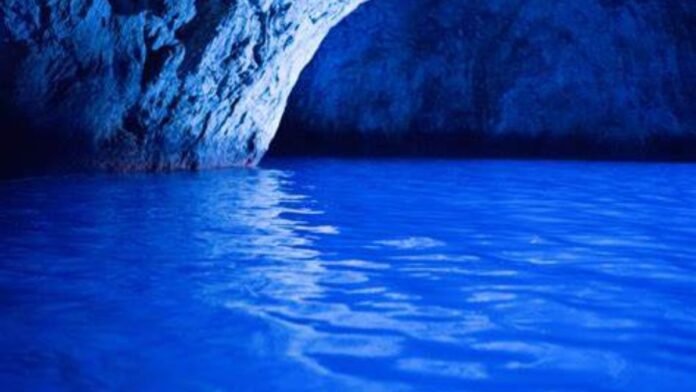Begin your 2024 travel journey by visiting some of the world’s most captivating caves, each offering a unique glimpse into nature’s underground artistry. Enjoy nature’ artistry of the towering crystals of Mexico, blue glow of Italy’s sea cave, and many more. These geological wonders invite you to explore their hidden depths and natural beauty.
Cave of Crystals
Place – Chihuahua in Mexico
The cave of crystals is home to the largest selenite crystals in the world. It was discovered in 2000 and is located below the Cave of swords which was first discovered by the miners. The biggest crystal found in this cave was 12 m in length and 4 m in diameter. The average temperature in this cave ranges from 50-58 degree Celsius with 90-99% humidity.
The Blue Grotto
Place – Capri, Italy
The Blue Grotto is a sea cave found on the coast of Capri island. It is known for its brilliant blue glow that comes from two sources – The small opening of the cave and the larger hole beneath it. When seen from inside the cave, the entrance seems like brilliant white light whereas the underwater bigger hole provides a blue glow. The Blue Grotto is also the emblem of Capri.
Fingal’s cave
Place – Staffa, Scotland
Staffa is an uninhabited island in Scotland, well known for its hexagonal Basalt columns that can be seen in the Fingal’s cave. The cave has a naturally arched roof which combined with its shape and size and the waves creates an eerie sound characteristic of its cathedral-like atmosphere.
Waitomo Glowworm Caves
Place – Waitomo, New Zealand
Waitomo caves are a major tourist attraction in New Zealand. The caves have millions of glowworms the size of mosquitoes. These glowworms are monitored closely by the scientific Advisory group. Specialized staff take care to maintain adequate temperature and the amount of carbon dioxide required by the glowworms remotely. The number of visitors that can visit the caves in a day is also regulated.
Eisriesenwelt Ice Cave
Place – Werfen, Austria
This is a natural limestone cave that extends 42 km into the earth, although only the first kilometer is covered with ice and the rest is made of limestone. Millions of tourists visit this incredible cave every year. The cave was formed by Salzach river, by gradually eroding pathways in the mountains. The thawing snow formed the ice which remains the same even in summer.



